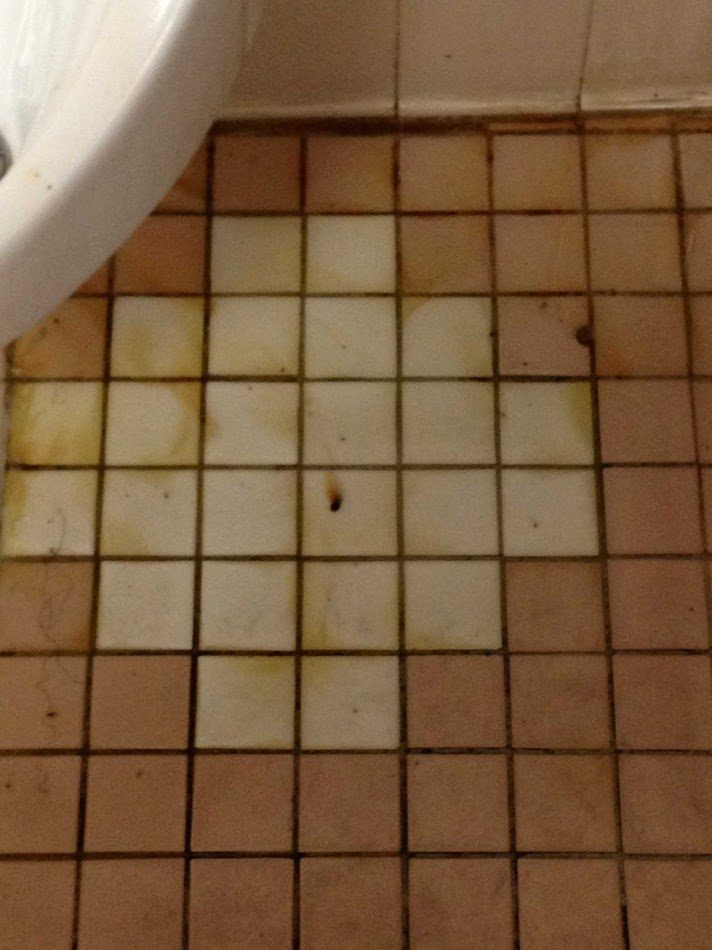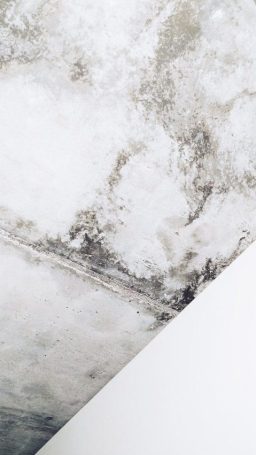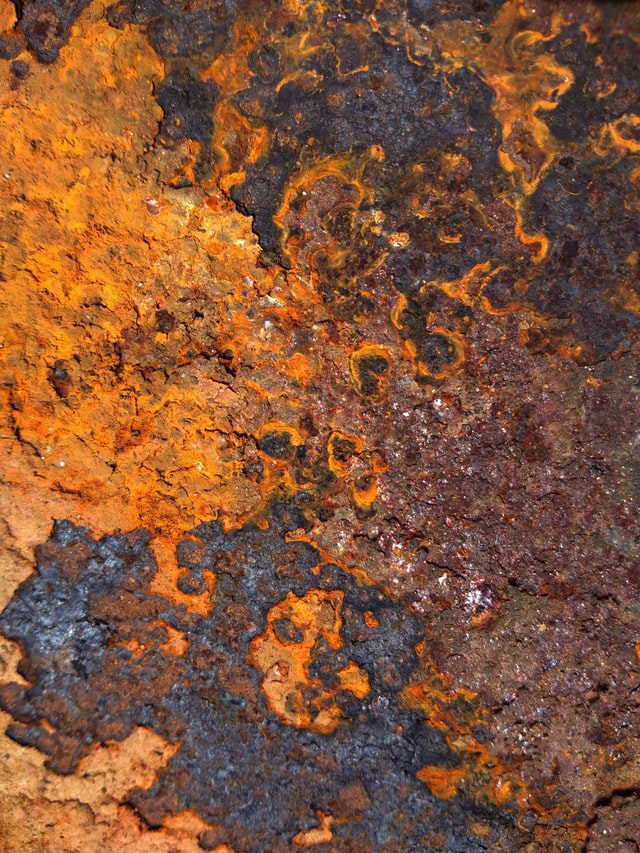
Bathroom odor is caused by the penetration of bacteria and mildew into grout, tile and concrete. See how RexShield eliminates substrate odor

Mold and mildew are caused by the presence of moisture, lack of light and a food source. See how RexShield prevents mold and mildew from growing.

Metals like steel, copper and aluminum will oxidize in the presence of air, water and salt. See how RexShield keeps metal looking new.
RexPro Sealers & Coatings offers an innovative line of coatings for a variety of substrates such as Natural Stone, All Vinyl Surfaces (VCT), Pavers, Concrete, Tile, Metals, Industrial and Residential HVAC Equipment, Boats and other Marine Vessels, and Oil and Gas.
Through extensive research and development RexPro Sealers & Coatings has adapted space age science for modern needs. Our unique formulas have been created to fill the need for longer lasting reliable coatings for industrial, commercial and residential uses.



RexPro Sealers & Coatings offers an innovative line of coatings for a variety of substrates such as Interior Flooring, All Vinyl Surfaces (VCT), Hardscapes (pavers, concrete, and building materials), Industrial and Residential, Boats and other Marine Vessels, and Oil and Gas.